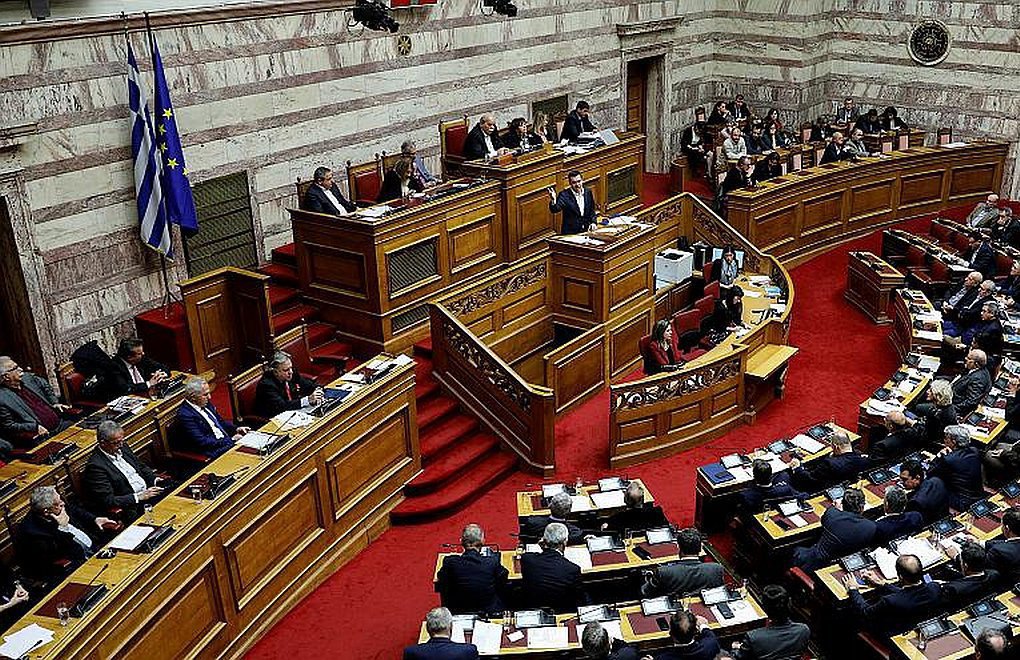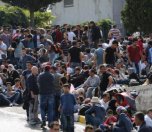Click to read the article in Turkish
The parliament of Greece has passed an asylum law aimed at curbing new arrivals of refugees and facilitating the return of refugees to Turkey.
Coalition of the Radical Left (SYRIZA), the Greek Communist Party (KKE), Greek Solution and Mera25 voted against the law.
The law entitled, "International procestion and other provisions" includes the following provisions:
- Forming a new asylum system in accordance with the 2015 refugee agreement between Turkey and the EU that will facilitate the return of refugees to Turkey.
- Tightening the controls against crossings of irregular migrants in the Aegean Sea and increasing police controls to identify migrants.
- Shortening the procedures for asylum and authorization of local administrative courts to examine the cases of those whose applications are rejected.
The 237-page bill also envisages that 20 thousand migrants to be transferred from the Aegean islands to the mainland. The migrants who do not obey the laws rules in camps will lose the right of asylum.
A list of "secure source countries" and "secure third countries" will also be formed according to the law.
It was backed by ruling New Democracy MPs and the Movement of Change party.
"It is impossible to implement the law"
The voting came after a tense debate between Prime Minister Kyriakos Mitsotakis and opposition SYRIZA leader Alexis Tsipras.
"The asylum law gives a clear message: Those who know they do not merit asylum but try to enter and stay in our country will no longer be tolerated," Mitsotakis said, while Tsipras said that it is practically impossible to implement the law. With the law, the matter is no longer an international issue but an issue between Greece and Turkey, he asserted.
The PM has vowed to take a much stricter stance than the previous leftist SYRIZA government and has promised to deport around 10,000 migrants by the end of 2020.
Since the beginning of 2019, 53,462 asylum seekers have reached islands in the Aegean Sea from Turkey, compared to 42,010 during the same period in 2018, Human Rights Watch has said.
The situation on the islands, where 34,400 women, men, and children are trapped in abysmal conditions, has reached a crisis point, the organization said.
Earlier, Dunja Mijatovic, commissioner for human rights at the Council of Europe, said after visiting camps on Lesvos and Samos islands that the situation was dramatically worsened and expressed her concern on the bill that it could lead to human rights abuses, describing the situation as "explosive". (PT/VK)







